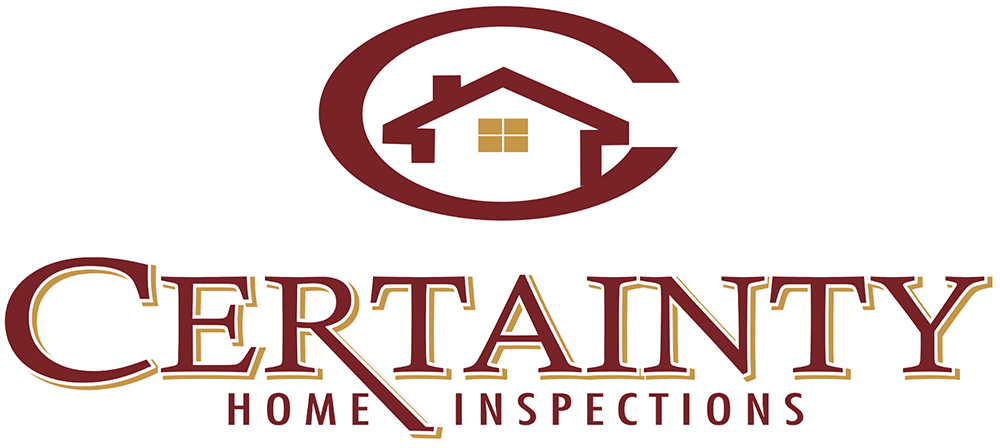Making your home safe is one of your most important responsibilities as a homeowner. Every home is different, but there are fundamental safety measures that every household should implement to protect property and loved ones. From preventing accidents to reducing the risk of fires and break-ins, creating a safer environment involves a proactive approach. Here are some home safety essentials that every homeowner should know in order to protect their investment.
Home Safety Essentials: Install and Maintain Smoke and Carbon Monoxide Detectors
One of the simplest yet most effective ways to safeguard your home is by installing smoke and carbon monoxide detectors. Smoke detectors should be placed on every level of your home, inside each bedroom, and outside sleeping areas. Carbon monoxide detectors are equally important, particularly if you use gas-powered appliances, fireplaces, or an attached garage. Carbon monoxide is odorless and invisible, making detection impossible without these devices.
Routine maintenance is essential to keep detectors functioning correctly. Test them monthly, change the batteries twice a year, and replace the units according to the manufacturer’s recommendations, usually every 7 to 10 years.
Create a Fire Safety Plan
Fire safety is often overlooked until it’s too late. Being prepared in the event of a fire can save lives. Start by making sure you have fire extinguishers in accessible areas, such as the kitchen and garage. Make sure everyone in your household knows how to use them properly. Regularly check that fire extinguishers are not expired and are in working condition.
Develop an escape plan that includes at least two exits from every room, and practice it regularly with your family. If you have children, it’s crucial that they understand what to do in the event of a fire, including how to safely crawl to avoid smoke inhalation and where to meet outside the house.
Secure Doors and Windows
One of the best ways to prevent break-ins is by confirming that all entry points are secured. Start by reinforcing doors with deadbolt locks and using solid core or metal doors for main entrances. Sliding doors and windows should have additional locking mechanisms beyond standard latches. Place a dowel or bar in the track of sliding doors to prevent them from being forced open.
Make sure all windows, especially those on the ground floor, have secure locks. For added security, install shatter-resistant glass or window security film, which makes it more difficult for intruders to break in.
Prepare for Natural Disasters
Depending on where you live, your home could be at risk from natural disasters such as hurricanes, earthquakes, or tornadoes. Taking steps to prepare your home for these events will significantly improve your safety.
Start by securing heavy furniture, reinforcing windows, and checking that your roof is in good condition. Keep an emergency kit with food, water, medications, flashlights, and other essentials in an easily accessible location. Familiarize yourself with local evacuation routes and have a family plan in place for where to meet and how to communicate if disaster strikes.
Keep First Aid Kits Handy
Accidents can happen at any time, so it’s essential to have a well-stocked first aid kit in your home. Your kit should include bandages, antiseptics, pain relievers, scissors, tweezers, and other basic medical supplies. Keep the first aid kit in a central location, and make sure all family members know where it is and how to use it.
It’s also a good idea to take a basic first aid and CPR course so you’re prepared to handle minor injuries or emergencies while waiting for professional help.
Home safety is an ongoing commitment that requires awareness, preparation, and action. By following these essential safety tips, you’ll create a secure environment for your family and protect your most valuable asset—your home. These proactive measures will help prevent accidents and keep your household safe.
FAQs on Home Safety Essentials
What are some overlooked areas of home safety that homeowners should address?
Attics and basements can become fire hazards if clutter builds up or the wiring is faulty. Garage safety is frequently ignored. Store chemicals like paint or fuel properly and keep power tools in safe, functional condition. Many people neglect to check the safety of their home’s foundation—small cracks and leaks can become major structural issues over time.
How can I make my home safer during renovations?
Renovations present unique safety risks, especially if they involve structural changes or electrical work. Before starting, make sure that you have the proper permits and that the contractor you hire is licensed and insured. Set up barriers or signs to keep children and pets out of construction zones. Install temporary fire extinguishers in areas where power tools or flammable materials are in use.
What’s the best way to safely store hazardous materials at home?
Whether you have cleaning products, pesticides, or automotive chemicals, it’s important to store hazardous materials properly. Keep them in their original containers with clear labeling, and never transfer them to food containers. Store these items in a cool, dry place out of the reach of children and pets.
Certainty Home Inspections offers professional inspection to homeowners and homebuyers in Kentucky and Indiana. Contact us to schedule an appointment for our services.
